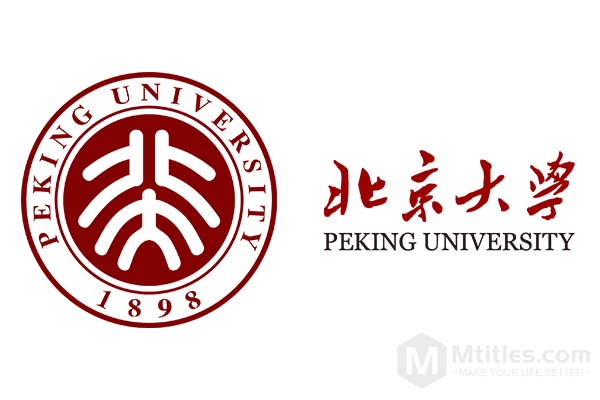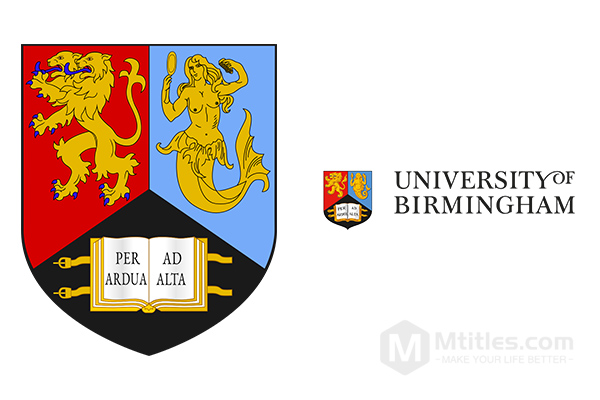Closer to Life Insurance , Scientific Planning Life Insurance

The value of the property is worn or depreciated naturally due to long-term use, and the value of human life is depreciated, gradually reducing the value of life to zero from work to retirement. Of course, the value of human life may also disappear early due to sudden accidents. So, in order for us to be prepared when these two things happen, we will build two kinds of reserve funds.
Debt repayment reserve
First, when people get older and retire, it means a loss of income for the vast majority of people. In other words, reserve pensions are a problem we are destined to face from birth. Then we can think of pension reserves as a debt that we have to repay from the moment we retire, and our solvency is determined by our own reserves before we retire. In other words, each of us should make a corresponding debt-servicing reserve for the loss of our own life value, and we cannot be lucky about this important issue.
However, the vast majority of families consider their children to be an economic asset on which their parents depend for their old age. In a modern civilized society, this is an unjust and uneconomic idea that is unimaginable. The previous generation has an obligation to do everything in their power to provide life support for the next generation, but the next generation's excessive commitment to the old age of the previous generation will compress the next generation's life security, which is not conducive to the positive development of individuals, society and even humanity. Life insurance is a convenient tool to solve the above problems. One of the main purposes of life insurance is to accumulate a sum of money for the future during a period of working capacity.
Accumulate less into more
Second, for many families, nothing is more important than higher education for their children. Then the children's education fund reserve is also a future determination of the need to pay the debt. It is naturally safer to make arrangements in advance to systematically withdraw future education funds for their children from their current income than to wait until they are needed. There is no reason for parents to risk their children's education, not to let this fund be without the loss of parents' lives.
Other investment channels can do this, but there are three risks:
(1) Die in advance before the funds accumulate to the required amount. Life insurance can guarantee claims in such a large amount of unaccumulated funds;
(2) Losses resulting from investment failure. Life insurance can eliminate the risk of principal loss;
(3) Neglect or delay savings. Life insurance forces people to stick to this savings habit (policies that don't pay in time will expire).
Emergency large cash flow
Before retirement, the economic pillar is at risk of losing his job, getting sick, or becoming ill with a family member. As the head of the family, it is incumbent upon us to reserve certain amounts of funds to deal with these unpredictable emergencies. Life insurance and life insurance with supplementary payment covenants (advance payment for major illnesses, disability income payment) provide a very convenient way to obtain large emergency cash.
If we invest this large amount of cash in highly liquid assets, the total value of the funds changes as the market price changes. Whether used for debt servicing or emergency response, the funds should have stable value. Otherwise, when an accident occurs, the amount of money may be far from what is expected.
Life insurance companies are the most suitable deposit institutions, we and insurance companies signed insurance contracts to ensure the safety of the principal, have a certain amount of profitability, and have a definite cash value. The value of the accumulation of funds does not fluctuate, the equivalent of we now buy the future needs of the funds. The statutory reserves used by life insurance companies to pay off customers are strictly actuatary for life insurance and are subject to national regulation. Life insurance companies are widely invested, dispersed and safe.
Be prepared for the rain.
For families, we need to develop the vision to raise a portion of our current income as a debt repayment and an emergency large cash flow. The former is designed to meet the needs of the future, the latter is to meet the needs of uncertain emergencies, which may never happen and, if so, have disastrous consequences for the family economy. Therefore, we must make such an economic arrangement that we can cope with whenever events occur.







